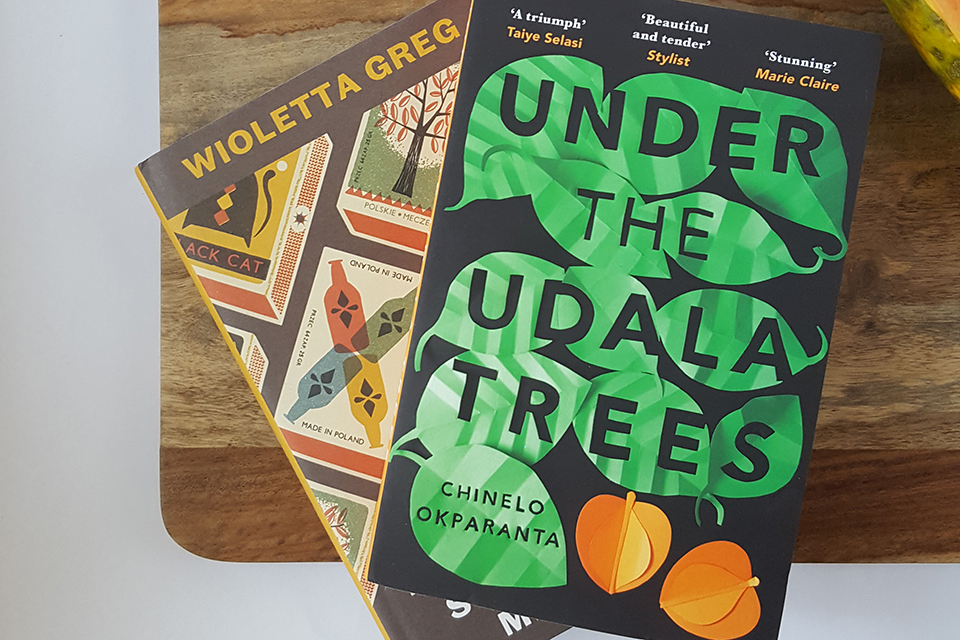

Teenage romance and the naturalness of lesbian love

Through Ijeoma’s mind, the reader gets to ask themselves crucial questions about these scriptures: Should they be read literally, or should one seek to find metaphorical meaning within them? And how does one reconcile those feelings naturally felt within them with the castigation of the Bible? Does it then become a castigation of self?Īmina eventually succumbs to religious guilt, which brings with it a slew of gruesome nightmares, while Ijeoma resists the pull of guilt for as long as possible, before bending to her mother’s will. Okparanta does an excellent job of laying out before the reader those verses in the Bible that are often used as a defence against homosexual love. Having been raised Christian, she grapples to find a balance between the religious teachings that her mother forces upon her, and the strong feelings that she has for her friend Amina. Ijeoma, the title character in the novel, is a girl under moral siege. In this review, I examine through a series of short bursts of thoughts, the aspects of the novel that stood out to me and make it wholly deserving of the celebration it has received. Since then it has created electric buzz among reading circles owing to the nature of its content: a book that covers the normalcy of homosexuality in Nigeria, a country that is well know for its virulent homophobia and punitive anti-gay laws.

UNDER THE UDALA TREES BY CHINELO OKPRANTA Review by African QueerĬhinelo Okparanta released her debut novel, Under the Udala Trees – a celebration of the revolutionary nature of queer love – in 2015.


 0 kommentar(er)
0 kommentar(er)
